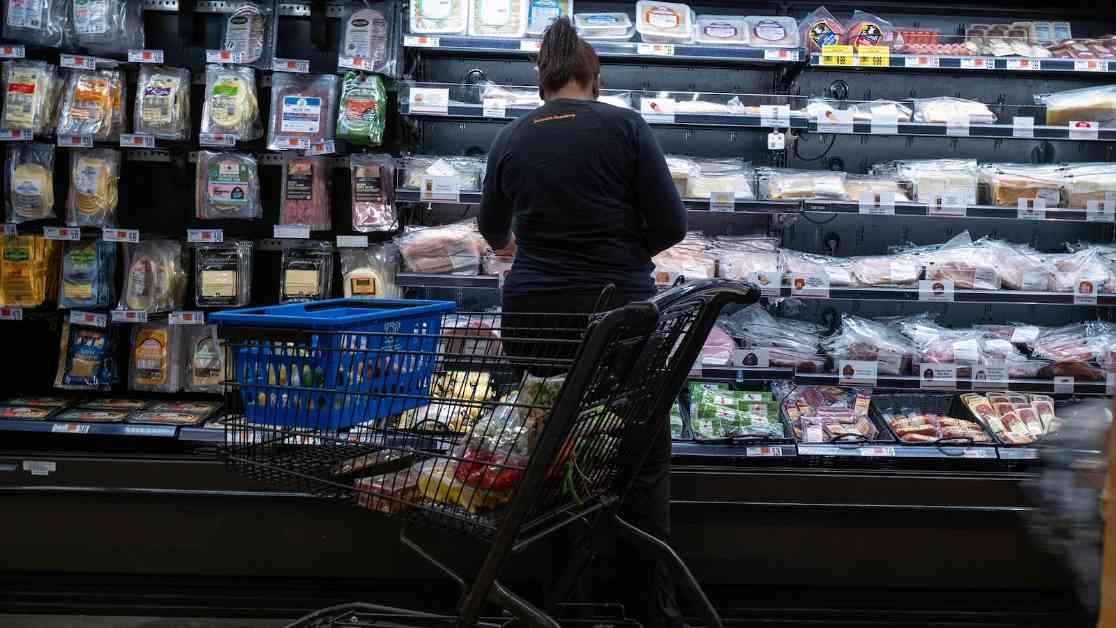Inflation took a breather after President Donald Trump’s “Liberation Day” tariffs last month, with prices dropping to a four-year low, defying fears of tariff-induced price hikes, according to government data released this week. Even the cost of eggs, a symbol of increasing expenses, fell around 10% in April compared to the previous month. However, prices for certain items continued to rise, such as coffee and beef. Omar Sharif, founder and president of research firm Inflation Insights, mentioned that it’s common for some prices to increase at a faster rate than overall inflation. The impact of these price hikes depends on how important these items are in an individual’s budget. Sharif emphasized that stubborn price increases for some goods may be offset by price decreases for others.
Coffee prices soared 9.6% in April compared to a year ago, which is four times higher than the overall inflation rate. Instant coffee prices increased even more, jumping 13.5% over the past year. The surge in coffee prices is mainly due to a lack of supply combined with strong demand. David Ortega, a food economist at Michigan State University, explained that recent droughts in Vietnam and Brazil, two major coffee producers, have limited global output. This has led to a situation where there are too many dollars chasing too few coffee beans. Despite the high prices, coffee drinkers have limited alternatives, resulting in continued demand for the product.
Beef prices have also experienced a spike due to a shortage in supply caused by drought conditions. Ground beef prices rose 10% in April compared to a year ago, while the costs of beef steaks increased by 7% over the same period, as indicated by government data. Ortega mentioned that a significant drought in beef-producing regions of the U.S. in 2022 forced cattle herders to sell more animals than usual. This was because the drought raised costs for cattle feed, making it more expensive for ranchers to maintain their herds. As a result, many ranchers sold off cattle needed to produce future beef supply, leading to a decrease in the national beef herd. The combination of low supply and strong demand has caused a significant rise in beef prices.
Car repair prices surged 7.6% in April compared to a year earlier, indicating inflation three times higher than the overall rate. This trend is primarily attributed to the increasing prevalence of high-tech cars equipped with features like rearview cameras and traffic sensors. Brian Moody, executive editor at Autotrader, pointed out that these advanced features have added costs to even routine repairs. Additionally, a shortage of workers in the industry has forced repair companies to raise prices as they compete to attract and retain employees. The demand for technology in cars is growing, requiring more skilled technicians to manage and fix these advanced systems. However, the shortage of workers in the field has contributed to the escalating costs of car repairs.


